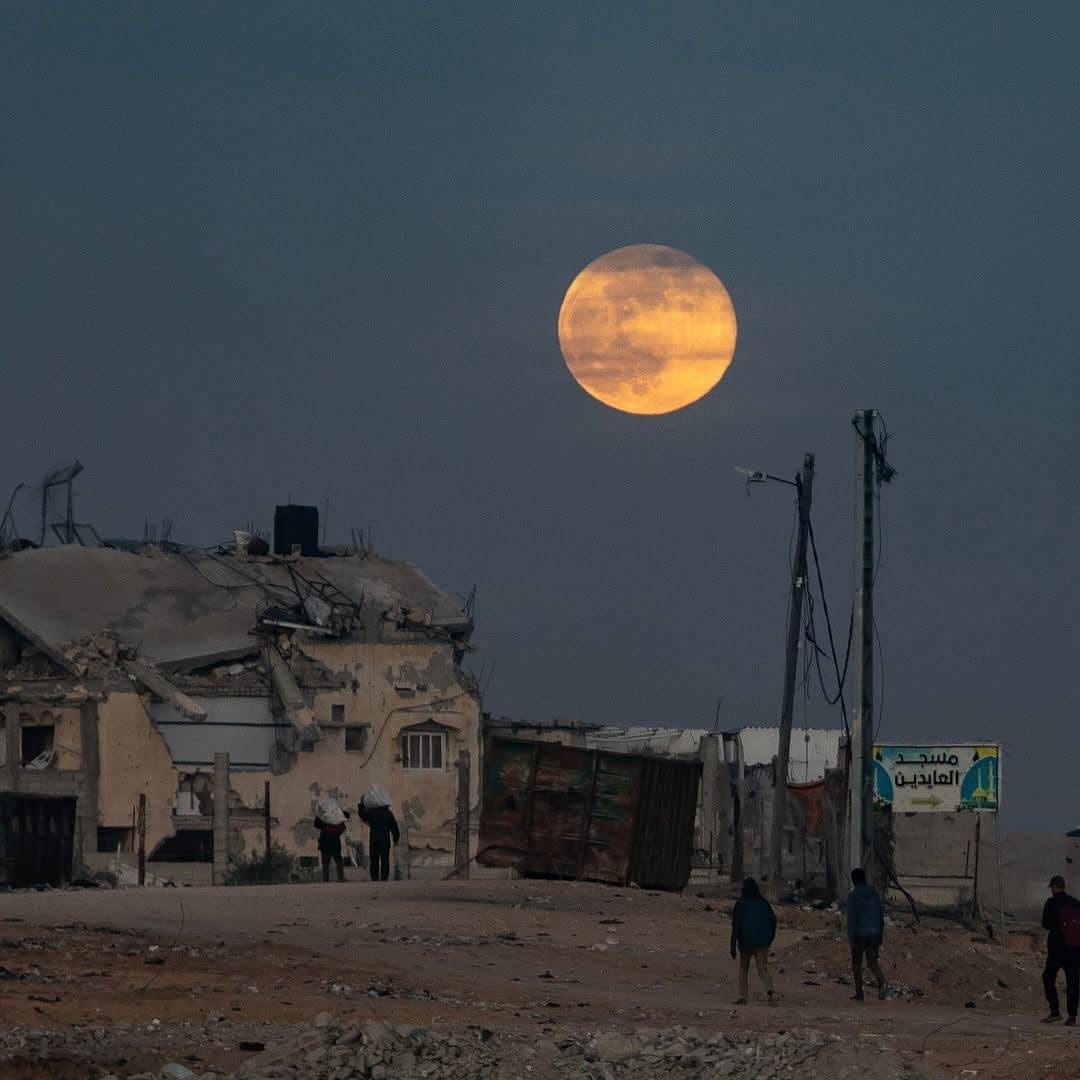This essay was commissioned on a tight deadline and rejected a week later by a legacy media outlet. It was an exceedingly weird editorial process; the full story is behind a paywall at the end of the post.
Normally, I can talk about my siblings without much trouble; I have two brothers and two sisters. But last week when my Spanish teacher asked me to talk about them, I felt unsteady, almost seasick.
“I have two sisters and two brothers,” I said, hoping I could keep the composure I’ve sometimes lost while learning this new language. Then she asked, “Which sibling are you closest to?”
I was silent for a moment, then I explained through tears that I had a third sister, a step-sister, but she had died. It has been almost twelve years since MG’s death, and though I can speak about her easily in English, every time she comes up in Spanish, I cry.
Maybe I’ve become somewhat accustomed to this tragedy by repeating the same sentences, in English, for years; my proximity to this grief is closer when I use these new words. I’ve accepted the idea that she died, but when I say “ella murió,” I have to start the grieving all over again.
2024, for many of us, often tread a similar line between the familiar and the unfamiliar. A familiar aspiring dictator returned with moments of unfamiliar melodrama. Our familiar frustrations with the health insurance industry met an unfamiliar outcome. The familiar violence in the Middle East scaled to unfamiliar heights.
Though I’m now based in Mexico City after a few years of living between here and New York, I was visiting the MFA program at Washington University in St. Louis during election week to give a talk and meet with students. Several faculty members and students asked me how the outcome felt knowing I would soon return to Mexico. Did my decreased proximity to the United States soften the nausea?
The idea of moving out of the country as a response to all this political volatility was something that voters on both the right and the left were threatening online in the weeks leading up to election day. Now, however, many could soon be forced to leave the country in “mass deportations,” or in order to avoid violence, or in order to have their marriages continue to be recognized, or in order to have access to crucial healthcare. For those who are not obligated to leave for their safety, the idea of an international relocation is typically a fantasy of total independence, an exceedingly American1 fantasy about freedom taken to an extreme.
But this kind of freedom does not exist, as being a citizen of this vast, influential, and contradictory nation burdens us with a complicity and interdependence that it may not be possible to shed, no matter how far away we might move. (What’s more, I don’t know anyone who could leave their country of birth with everything and everyone that matters to them in tow. Very few are true ex-patriates.)
Moving abroad has, if anything, heightened my awareness of how one man’s political whim in the United States can have drastic consequences elsewhere in the world. I may live at a remove from daily life in the United States, and I try to only read the news in Spanish, but this decreased proximity has not left apathy or a sense of protection in the gap. If anything, I’m asked to account for and discuss the culture and politics of the United States repeatedly in Mexico, with my Spanish teachers, my local friends, even with strangers in the street. Abortion, for instance, is now a protected and legal right for all women in Mexico, and few here can understand how this issue has become a matter of debate up north.2
The degree to which proximity changes our empathy or reaction to the experiences of others is a topic that has concerned many writers and moral philosophers for centuries. (Derek Parfit, John Berger, Namwali Serpell, Isabella Hammad are four recent thinkers on this problem I greatly admire.) I spent much of 2024 trying to read and think my way around this problem too, but it wasn’t the election or my move south that brought this concern to the fore.
Rather it’s the fact that though the United States does not share a physical proximity to the obscene and ceaseless human toll in the Middle East and Ukraine, the cynical disregard for human life demonstrated by those constant bombings, much of it aided by our country, looms large in my consciousness and that of many others. The sheer scale of that suffering overcomes the lack of proximity; it is visible from afar just as the moon is distant but still visible, still affecting the tides.
There is a sense, at the same time, that everyone is tired of discussing what is commonly called “politics.” A character in a novel I wrote once suggested that we should never see our politicians' faces or know their names, that we should only vote based on their beliefs and goals. I long for this fantasy more than any other. The fluency the American public has in the theater of politicians too often obscures the “politics” of the apparently debatable dignity of a human life. Mentioning the existence of the thousands upon thousands who have been killed this year in Palestine is lumped in with “the political.” Don’t talk about politics, I am told. We are tired of talking about politics.
Both terrorism and the state-sanctioned terrorism of war will transform anyone’s life or death—yes, even yours or mine— into a political matter. However, no one’s life is political before it is human. I have been, for a long time, totally disinterested in discussing the politics of politicians, but I am even more disinterested in allowing their theatrics to eclipse our ability to loudly object to all this unnecessary, flagrant, and entirely avoidable death.
Looking back on the year, I know many lucky things came my way. I got married, improved my Spanish, and found a place to live after three years of transience. But the personal never exists in a vacuum, and my awareness of the massive destruction abroad was a brittle backdrop for it all. Anyone who has grieved someone’s death will remember the ordinary horror of seeing the rest of the world blithely continue. Those of us who are still safe and alive at the end of this year are precisely those ordinary lives continuing in parallel the grief of so many.
I will end 2024 still speaking Spanish like a nervous child, a lack of fluency that often annoys me, but it has also given me the gift of confusion. In my lack of comprehension, I often ask my husband to explain a word or phrase to which he’s never given a second thought as a native speaker. Being too close to anything will often degrade our ability to see it clearly, but in confusion we can notice what certainty prevents us from seeing. Even when it comes to a language. Even when it comes to a culture, or a country.
As mentioned in the headnote, the above essay was solicited by a legacy media outlet’s opinion section. The assignment had been pretty open-ended, but implicitly political; I had been asked to write 1000 words or so about 2024, and “what we all went through.” I described my idea, they said it sounded perfect, and I went to work until the soliciting editor asked if we could speak on the phone at which point we seemed to enter the editorial equivalent of The Twilight Zone.





